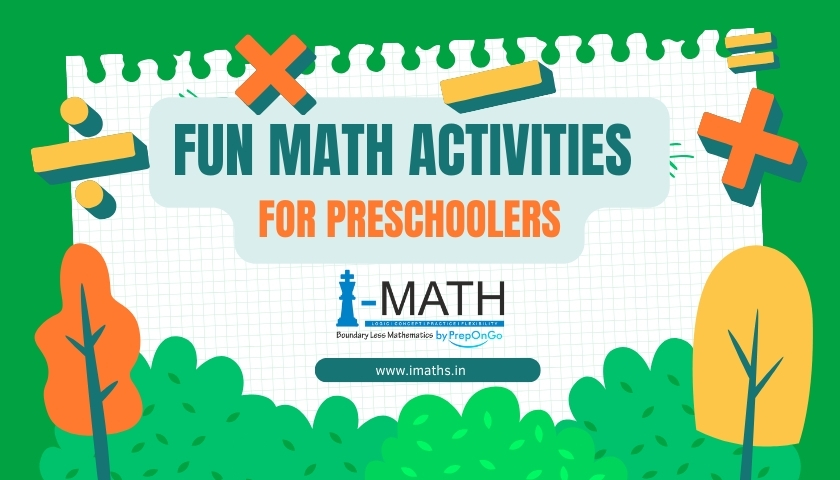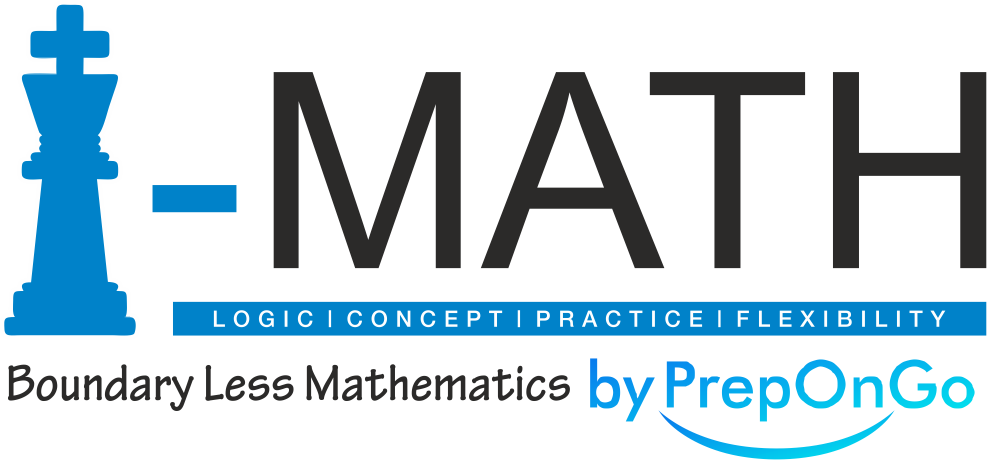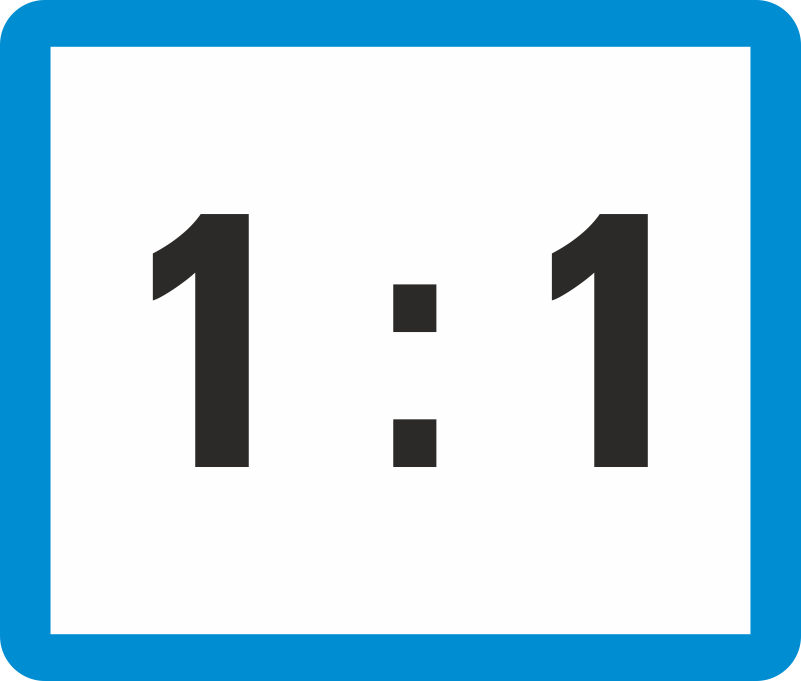Fun Math Activities for Preschoolers

Introducing math to preschoolers through fun and engaging activities sets a strong foundation for their future learning. Here are some creative and enjoyable math activities that can help young children develop essential math skills while having fun.
1. Counting with Everyday Objects
Use everyday items to help children practice counting and develop their number sense.
- Activity: Gather objects like buttons, beans, or toy cars. Ask the child to count them and sort them into groups.
- Skills Developed: Counting, sorting, and one-to-one correspondence.
2. Shape Hunt
Turn learning about shapes into an exciting scavenger hunt.
- Activity: Create a list of shapes and have the child find objects around the house or classroom that match each shape.
- Skills Developed: Shape recognition, spatial awareness, and categorization.
3. Pattern Play
Help children recognize and create patterns using colorful objects.
- Activity: Use beads, blocks, or stickers to create simple patterns (e.g., red-blue-red-blue). Encourage the child to continue the pattern or create their own.
- Skills Developed: Pattern recognition, sequencing, and critical thinking.
4. Number Line Jump
Turn physical activity into a math learning opportunity with a number line jump game.
- Activity: Create a number line on the floor with tape, marking numbers 1 to 10 (or higher). Have the child jump to the correct number as you call it out or solve simple addition/subtraction problems.
- Skills Developed: Number recognition, counting, and basic arithmetic.
5. Sorting and Classifying
Sorting objects by different attributes helps children understand categorization and comparison.
- Activity: Provide a variety of objects and ask the child to sort them by color, size, or type. For example, sort a collection of buttons by color and size.
- Skills Developed: Sorting, classifying, and critical thinking.
6. Cooking with Math
Involve children in cooking or baking to teach measurements and counting.
- Activity: While preparing a simple recipe, ask the child to help measure ingredients, count scoops, or divide portions.
- Skills Developed: Measurement, counting, and following instructions.
7. Graphing with Snacks
Create a simple graphing activity using snacks.
- Activity: Provide different types of snacks (e.g., pretzels, crackers, and fruit pieces). Have the child sort them and then create a bar graph using the snacks to represent the quantity of each type.
- Skills Developed: Sorting, counting, and basic graphing.
8. Puzzle Play
Puzzles are excellent for developing spatial reasoning and problem-solving skills.
- Activity: Provide age-appropriate puzzles for the child to solve, or create custom puzzles with numbers and shapes.
- Skills Developed: Spatial reasoning, problem-solving, and shape recognition.
9. Storytime Math
Incorporate math into storytime with books that include counting, patterns, and shapes.
- Activity: Read a book that involves counting or patterns, and ask questions related to the story. For example, count the number of animals on a page or identify shapes in the illustrations.
- Skills Developed: Counting, pattern recognition, and shape identification.
10. Math Music and Movement
Combine music and movement with math learning.
- Activity: Sing songs that involve counting or patterns (e.g., “Five Little Ducks” or “The Ants Go Marching”). Add movements to the songs to make them more engaging.
- Skills Developed: Counting, pattern recognition, and gross motor skills.
11. Block Building
Use building blocks to teach math concepts like counting, sorting, and geometry.
- Activity: Encourage the child to build structures using blocks, counting the blocks as they go. Challenge them to create specific shapes or patterns.
- Skills Developed: Counting, spatial reasoning, and geometry.
12. Dice Games
Simple dice games can teach number recognition and counting.
- Activity: Roll a pair of dice and ask the child to count the dots and add the numbers together. Use the total to perform an action (e.g., jump that many times).
- Skills Developed: Number recognition, counting, and basic addition.
Conclusion
Engaging preschoolers in fun math activities helps them develop a positive attitude toward math while building essential skills. Incorporating everyday objects, physical activities, and playful challenges makes learning math enjoyable and effective. By making math a part of their daily routine, you can help young children develop a strong foundation for future math success.




